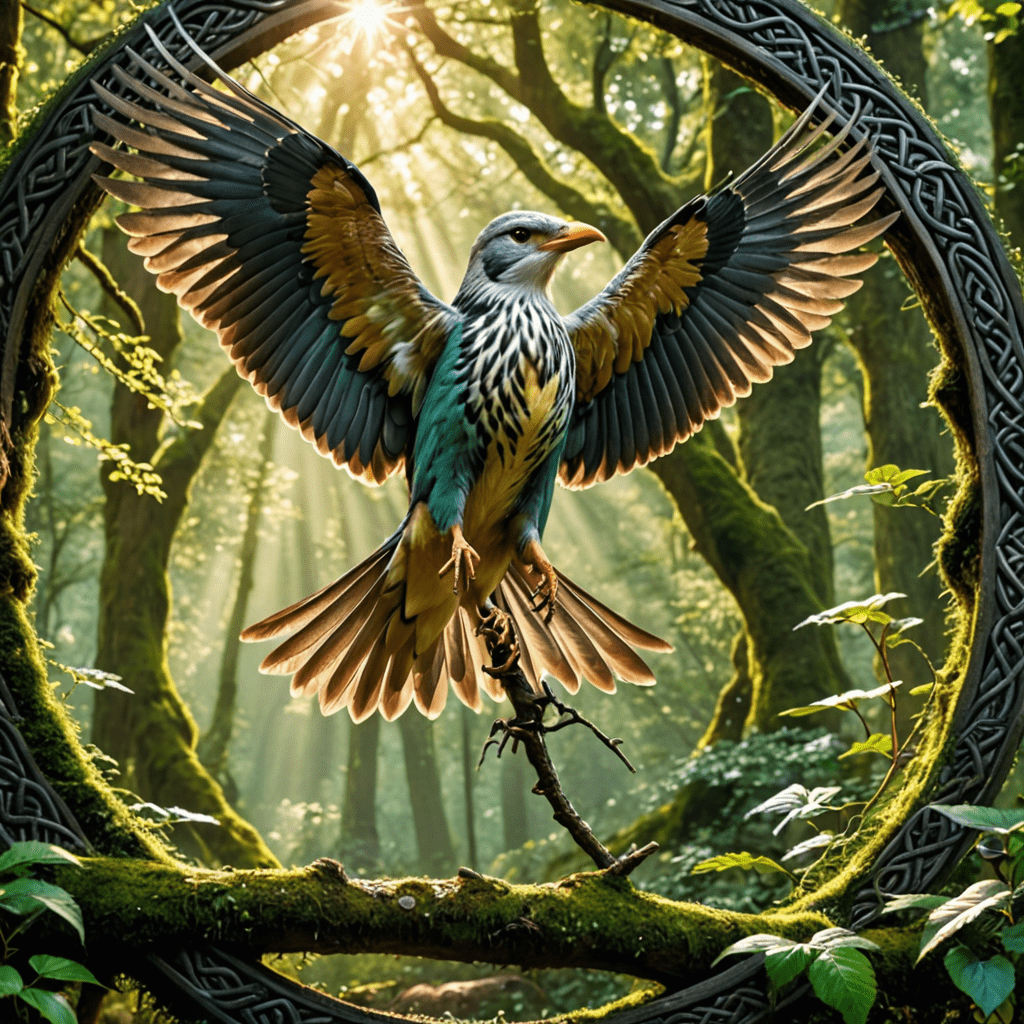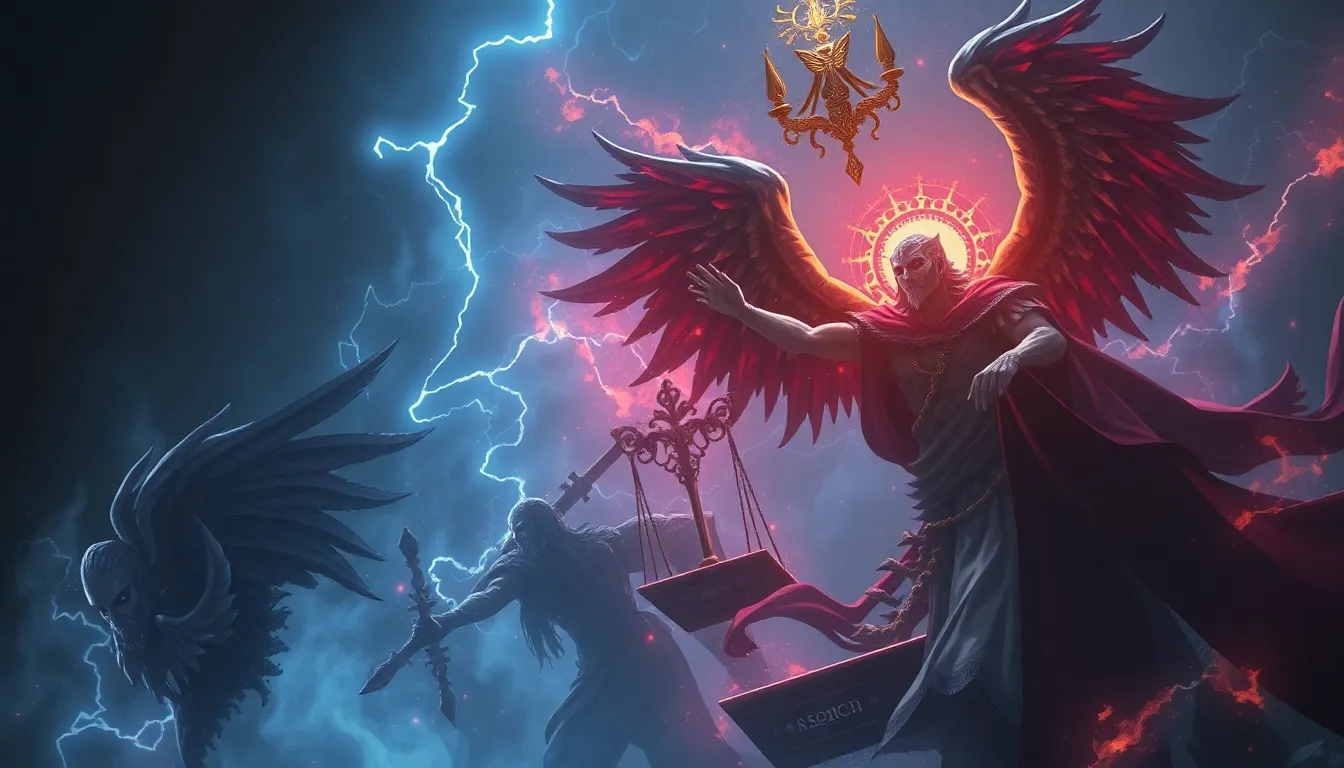The Symbolism of Fire in Norse Mythology
Introduction
Fire holds a significant symbolic presence in Norse mythology, playing a crucial role in the tales and beliefs of the ancient Norse people. In this article, we delve into the symbolism of fire as depicted in Norse myths and its mystical significance in shaping the Norse worldview.
Fire in Creation Stories
In Norse mythology, fire is often linked to creation and destruction. One of the most prominent creation stories involving fire is the tale of Muspelheim, the realm of fire. Muspelheim is said to be the land of primal fire, an embodiment of chaos and raw energy. It stands in stark contrast to Niflheim, the realm of ice, symbolizing the dualistic nature of existence in Norse mythology.
Symbolism of Fire in Norse Gods and Beings
Fire is closely associated with certain powerful deities in Norse mythology. The god Loki, known for his trickery and mischief, is often depicted with fire symbolism. As a shape-shifter and a master of illusions, Loki’s affinity with fire reflects its transformative nature and unpredictable power. The fire giant Surtr is another vivid portrayal of the symbolism of fire, representing destruction and rebirth.
Fire as a Symbol of Purification and Renewal
Beyond destruction, fire in Norse mythology also embodies purification and renewal. The concept of Ragnarök, the apocalyptic event in Norse cosmology, involves the engulfing flames that destroy the old world to make way for a new one. It signifies the cyclical nature of life and the eternal process of death and rebirth, with fire acting as a purifying force that paves the way for new beginnings.
In conclusion, the symbolism of fire in Norse mythology is multifaceted, representing creation, destruction, transformation, purification, and renewal. It underscores the Norse worldview’s interconnectedness of natural elements, cosmic forces, and the eternal cycles of existence. Fire, with its dynamic and potent qualities, remains a profoundly meaningful symbol that continues to fascinate and resonate with modern audiences intrigued by the rich tapestry of Norse myths and legends.
Experience the mesmerizing allure of fire in Norse mythology, where the flickering flames illuminate the ancient tales of gods, giants, and the ever-turning wheel of fate.
FAQs about the Symbolism of Fire in Norse Mythology
What role does fire play in Norse mythology?
Fire holds significant symbolism in Norse mythology, representing destruction, purification, and renewal. It is closely tied to the domains of the gods, particularly Loki and Surt.
How is fire associated with specific Norse deities?
In Norse mythology, the god Loki is strongly connected to fire, symbolizing both its creative and destructive aspects. Surt, the fire giant, wields a flaming sword and plays a pivotal role in the cataclysmic event of Ragnarok.
What symbolic meanings are attributed to fire in Norse mythology?
Fire is often seen as a purifying force, capable of both consuming and illuminating. It symbolizes warmth, transformation, vitality, and the eternal cycle of creation and destruction.
Is there a particular story in Norse mythology that emphasizes the symbolism of fire?
Yes, the tale of Ragnarok, the end of the world in Norse mythology, showcases fire as a potent symbol of chaos and rebirth. The fiery destruction engulfs the old world to make way for a new beginning.



